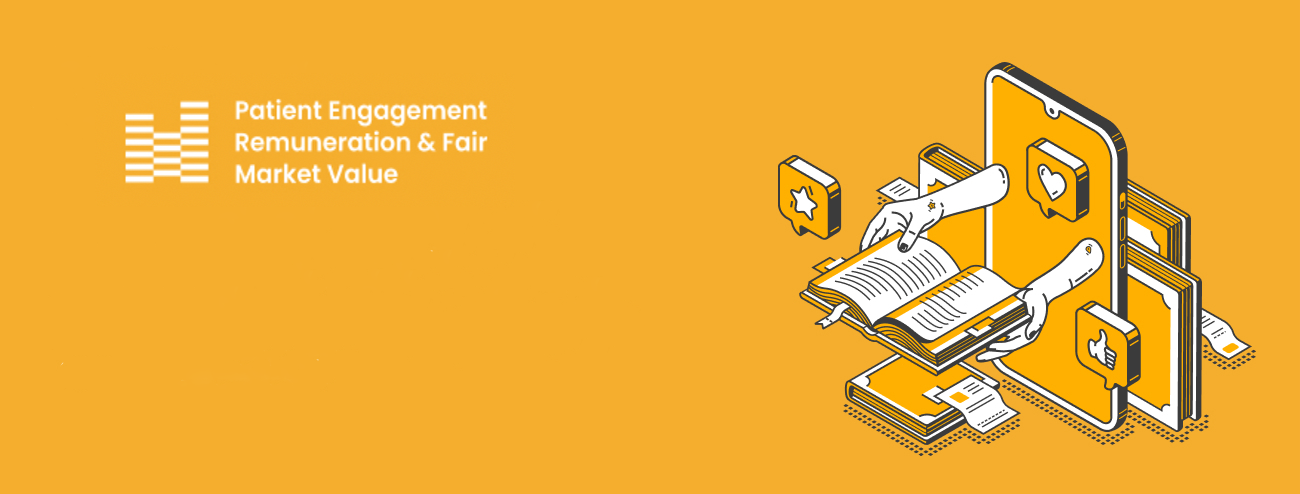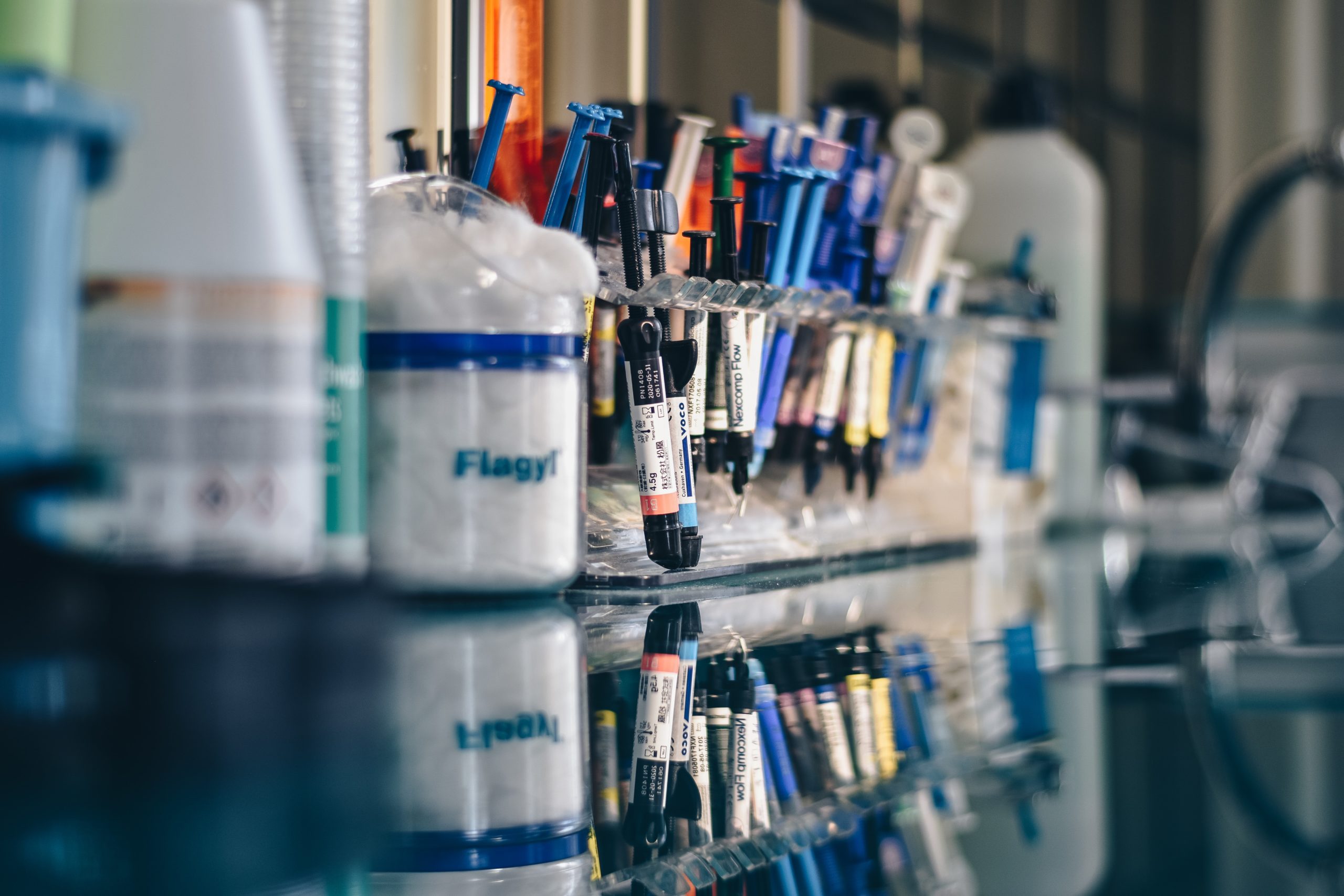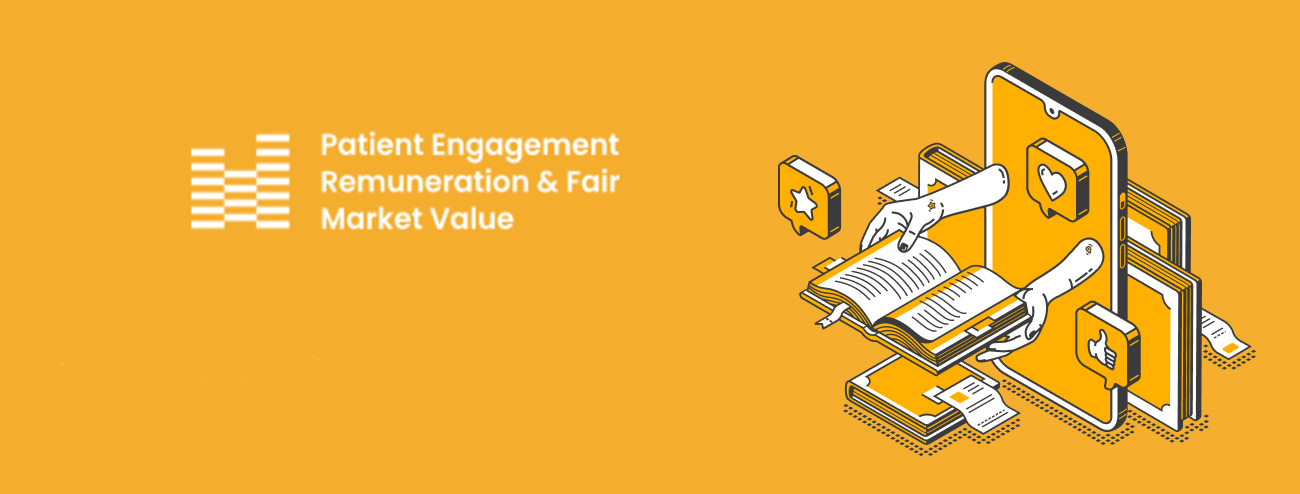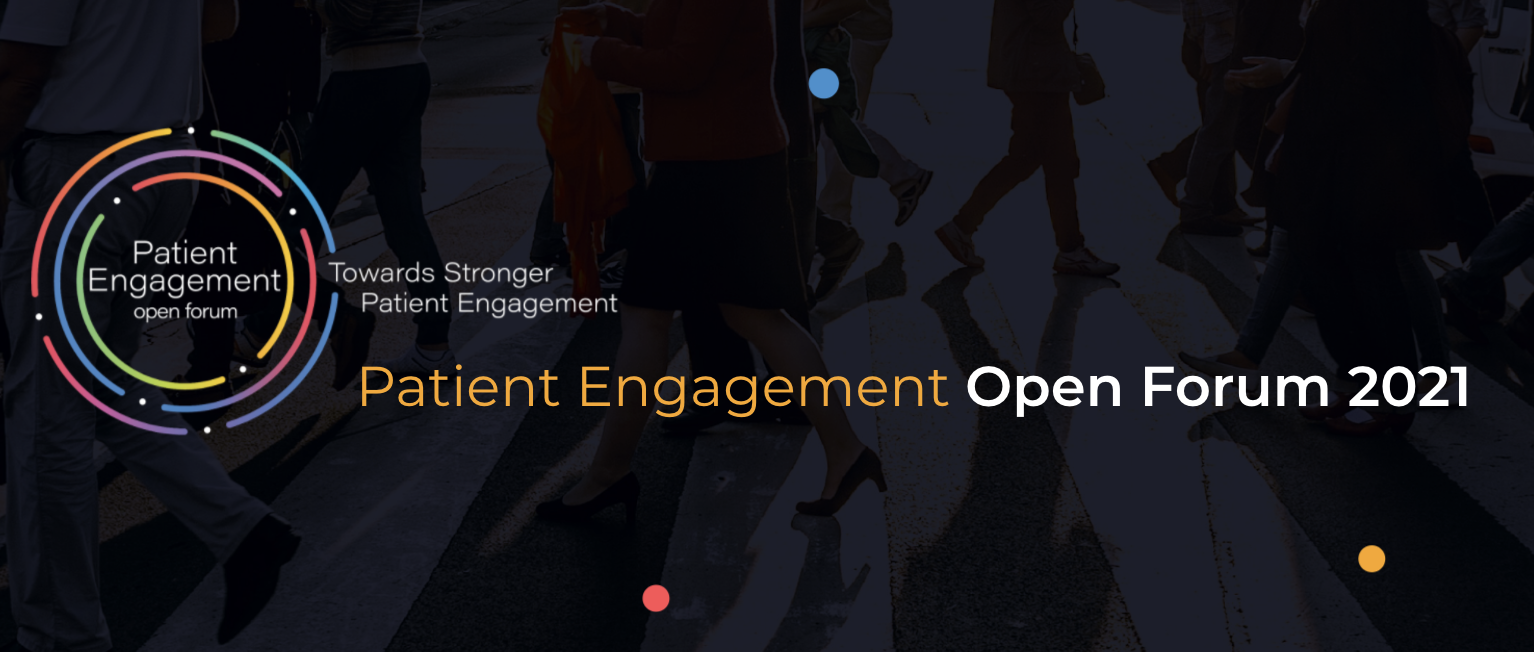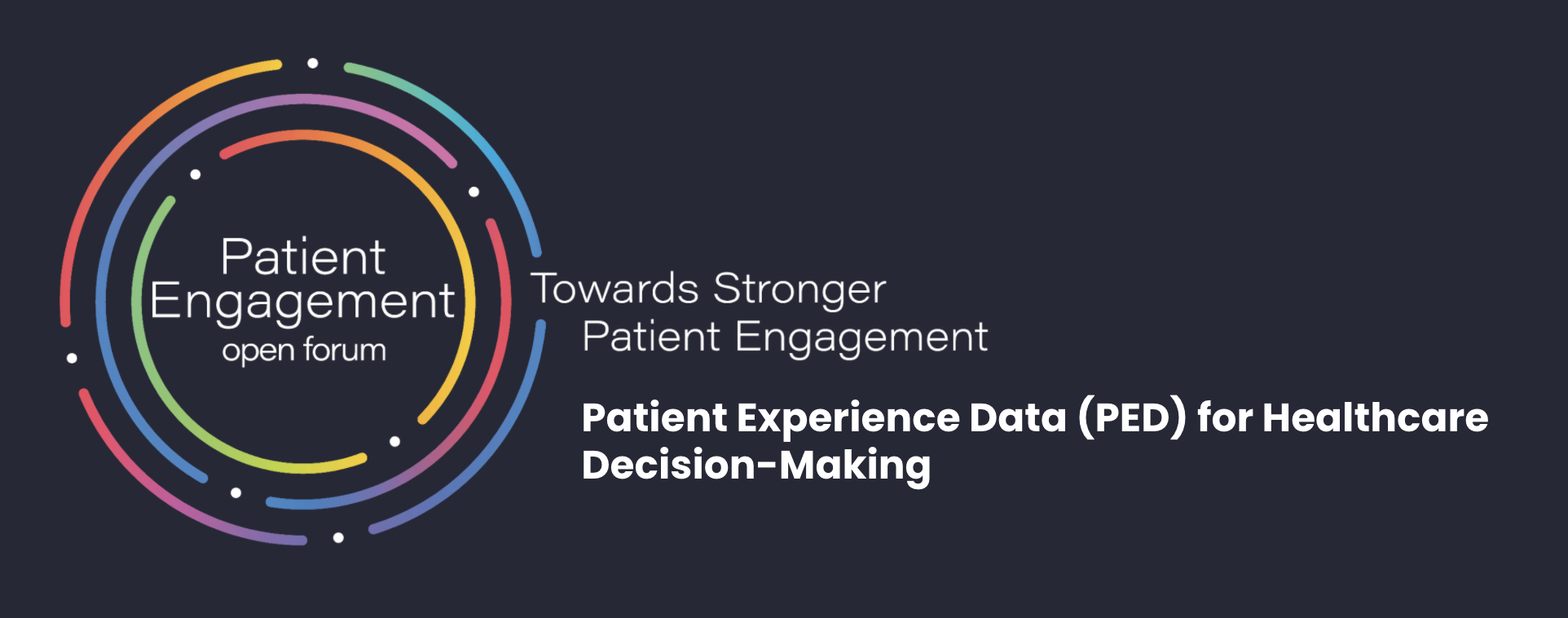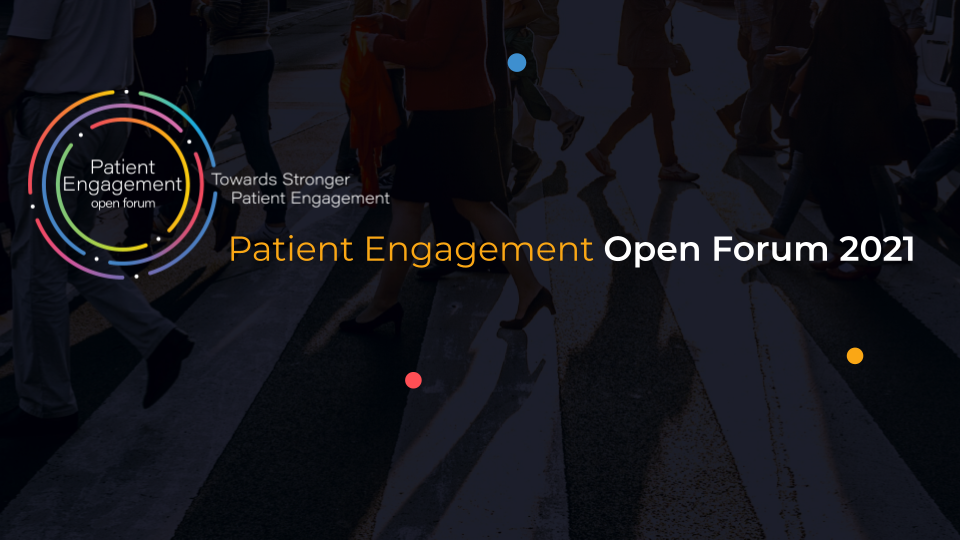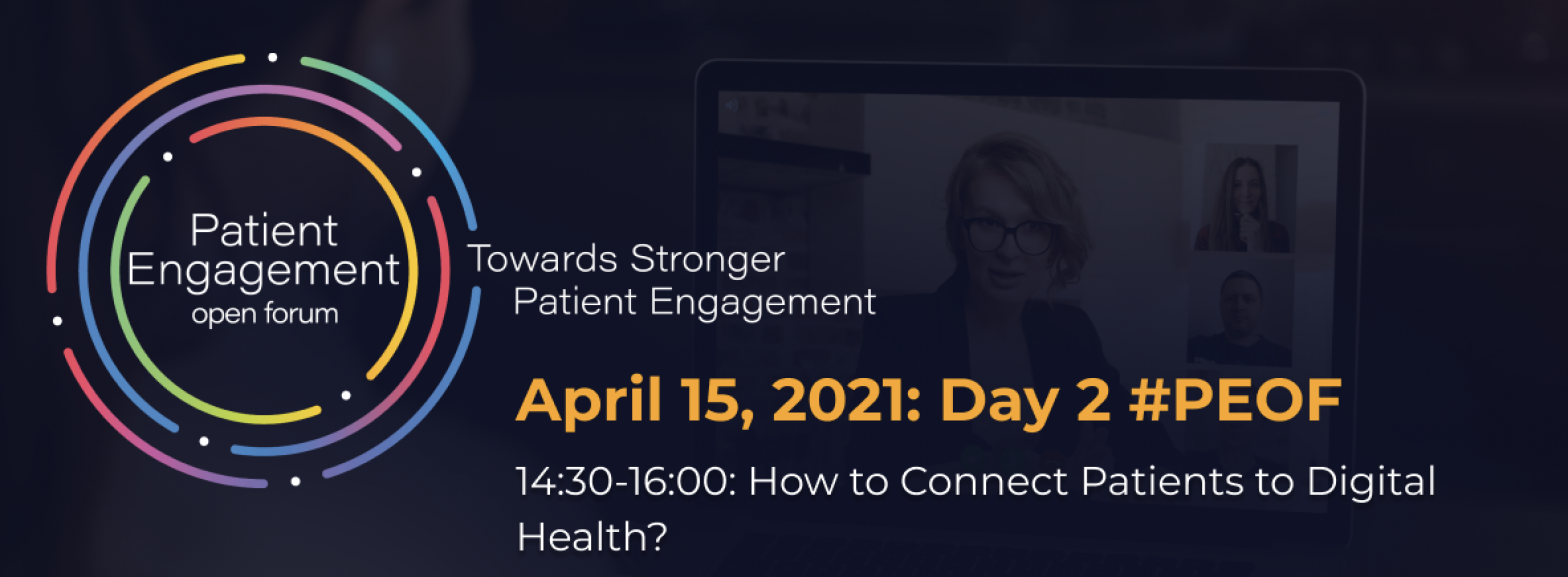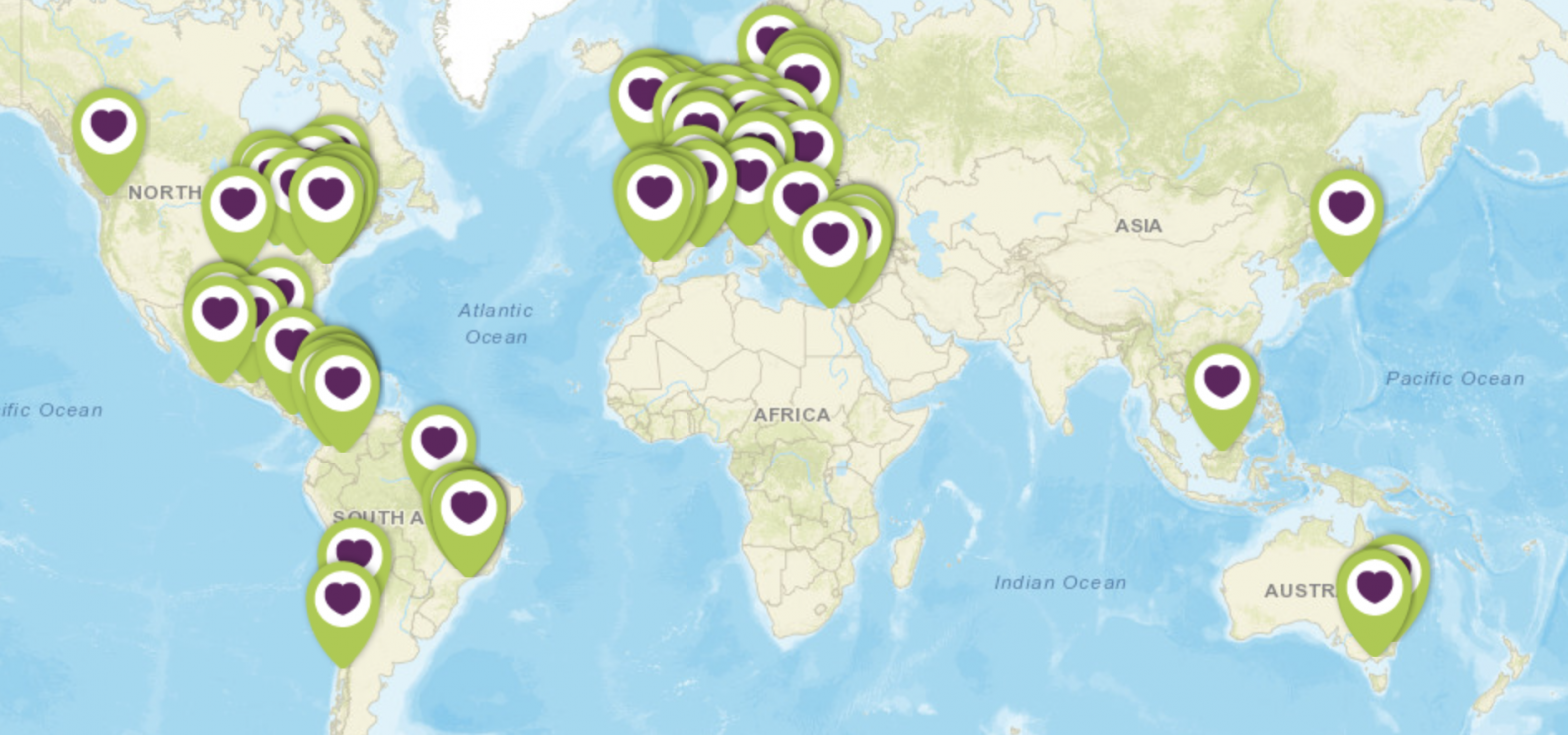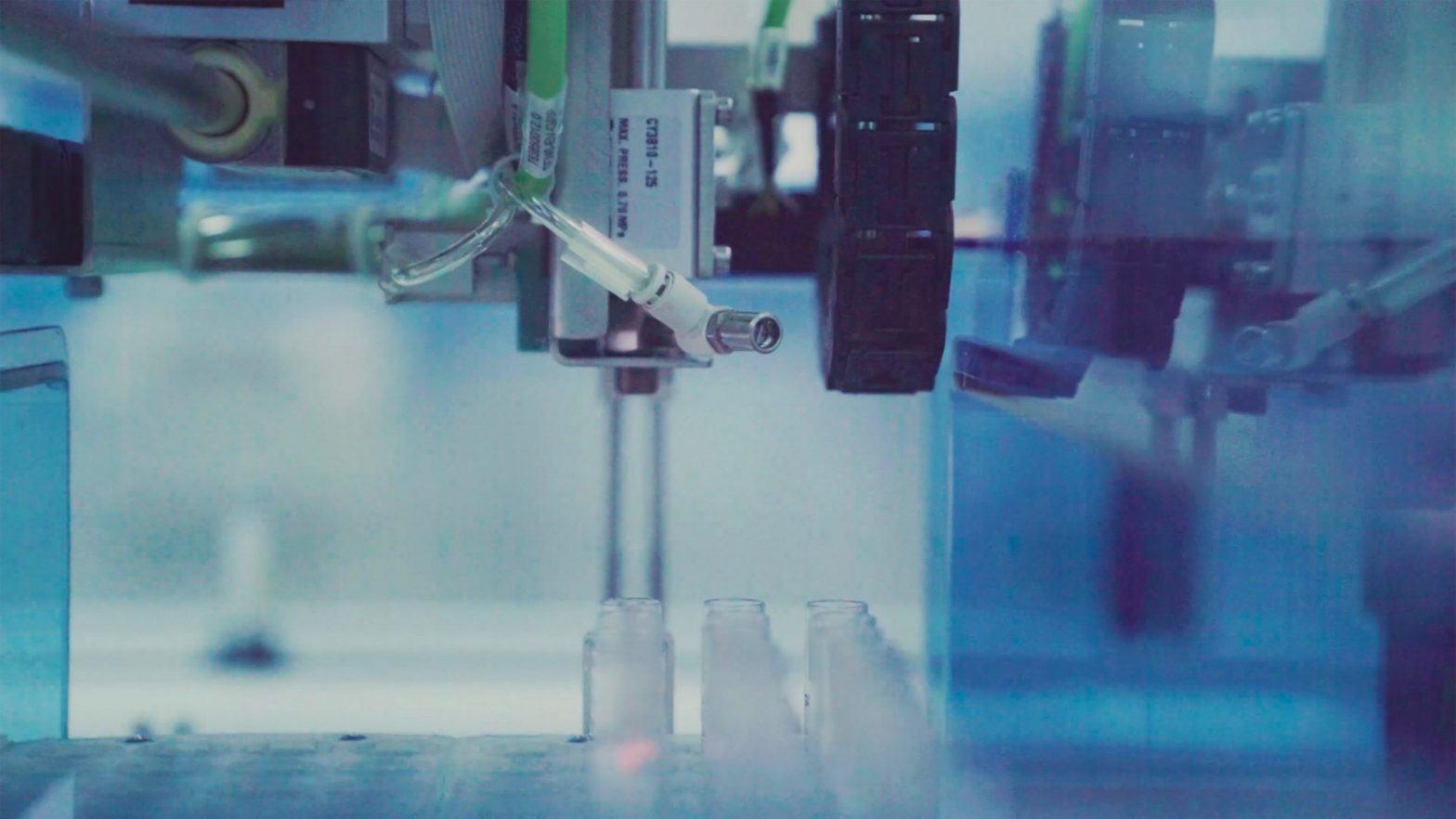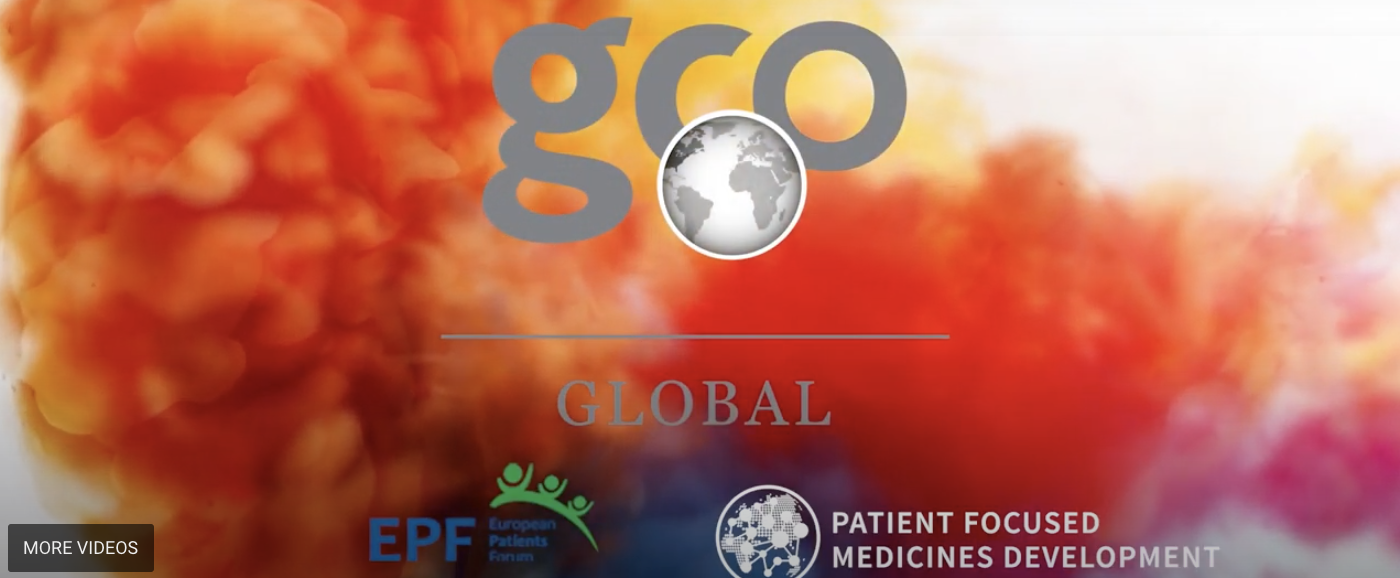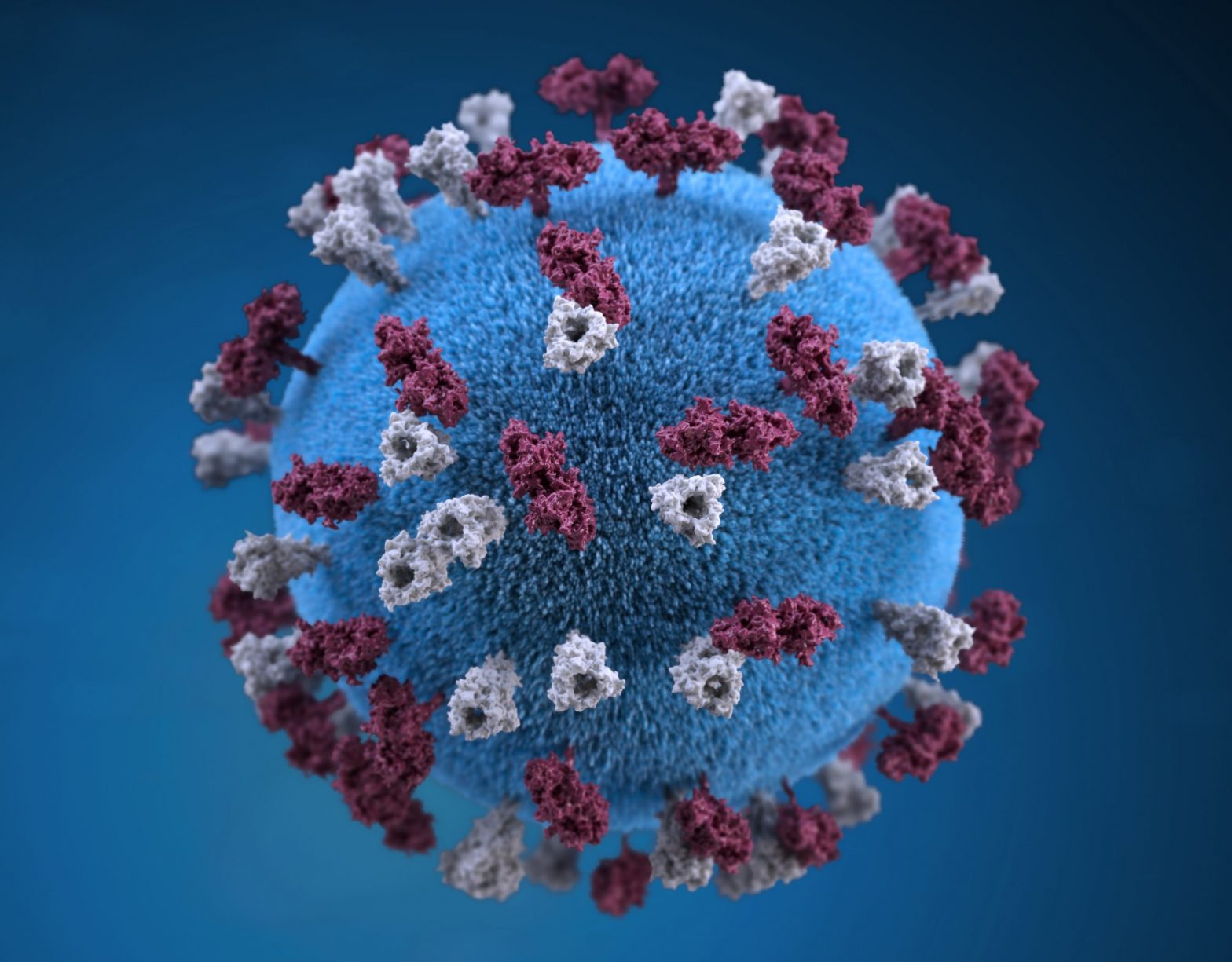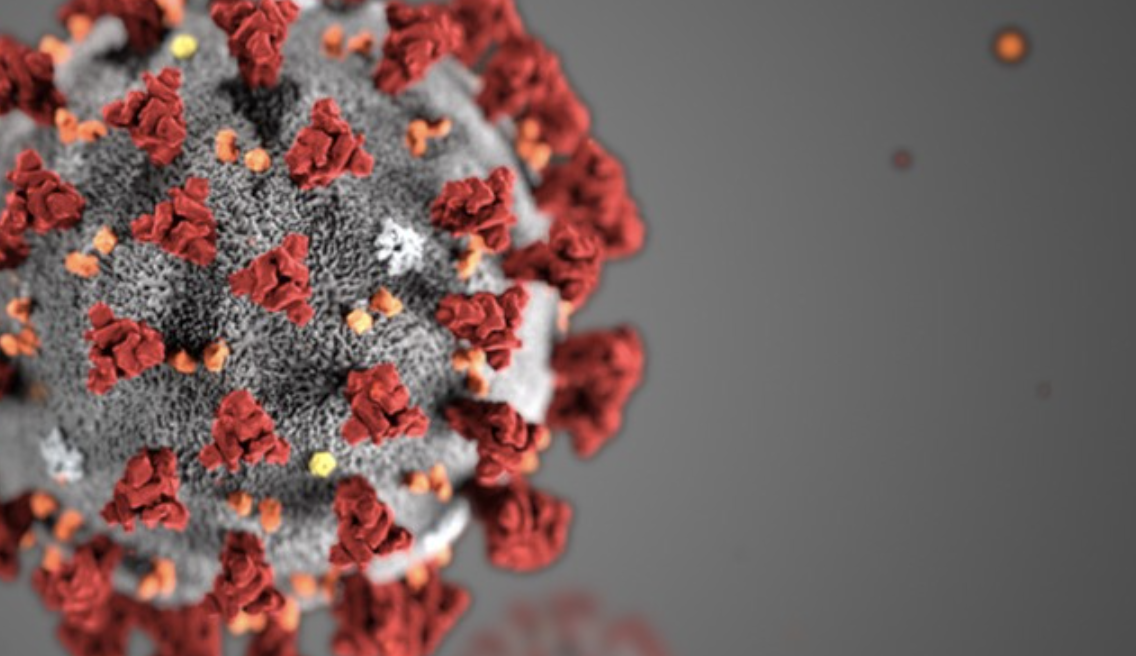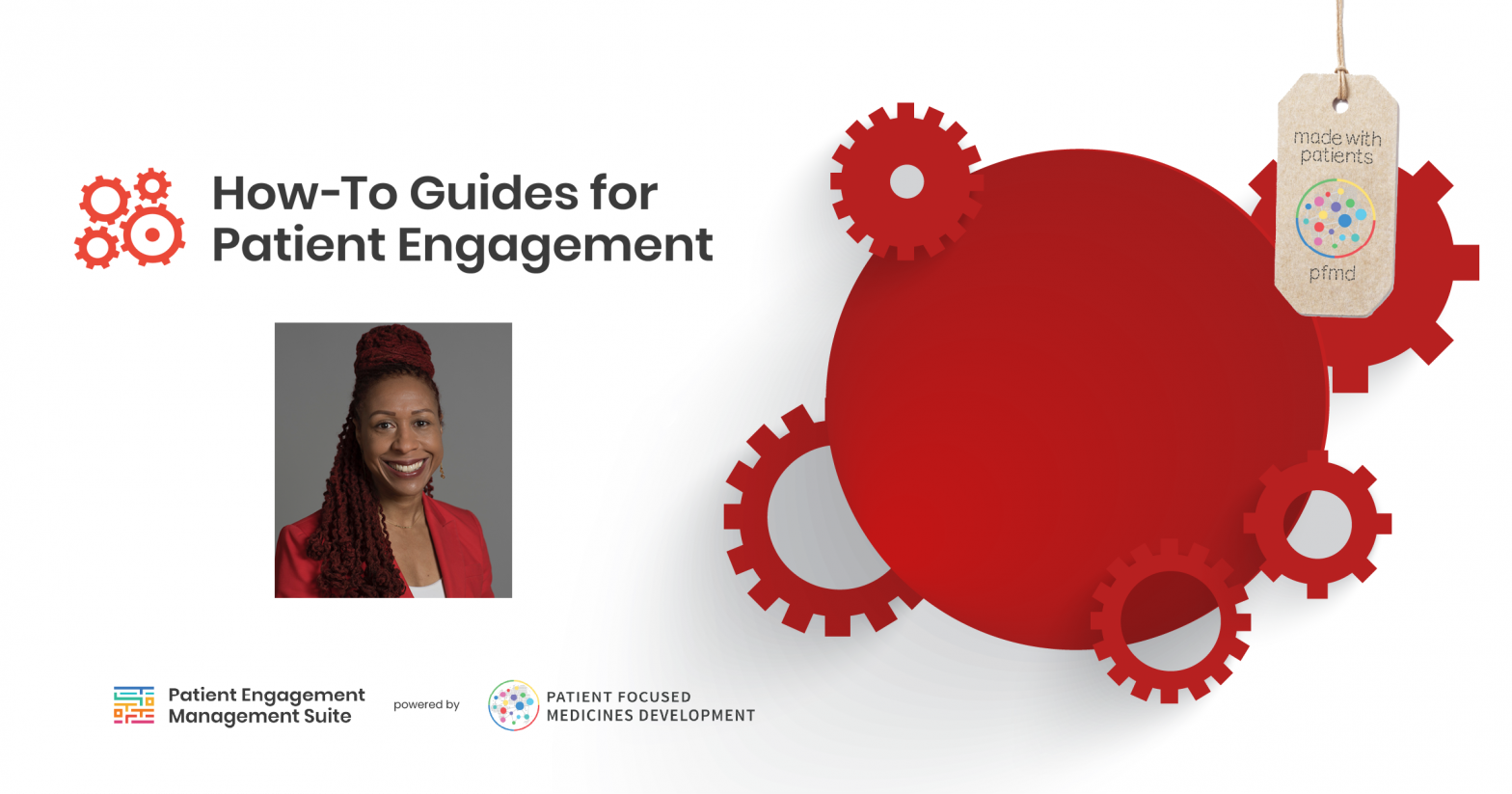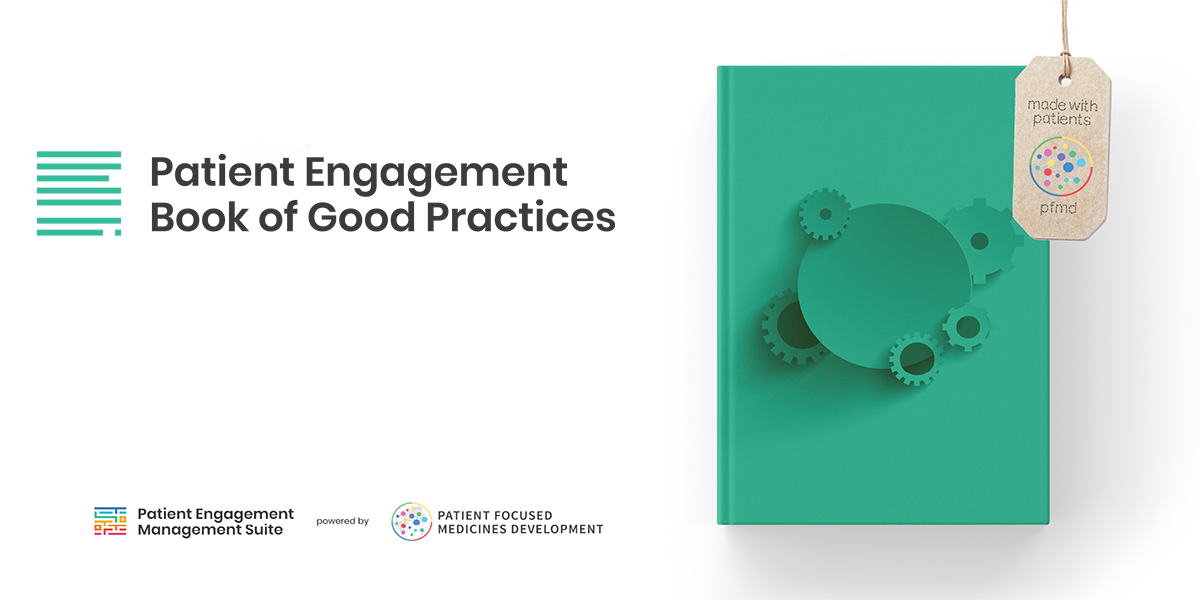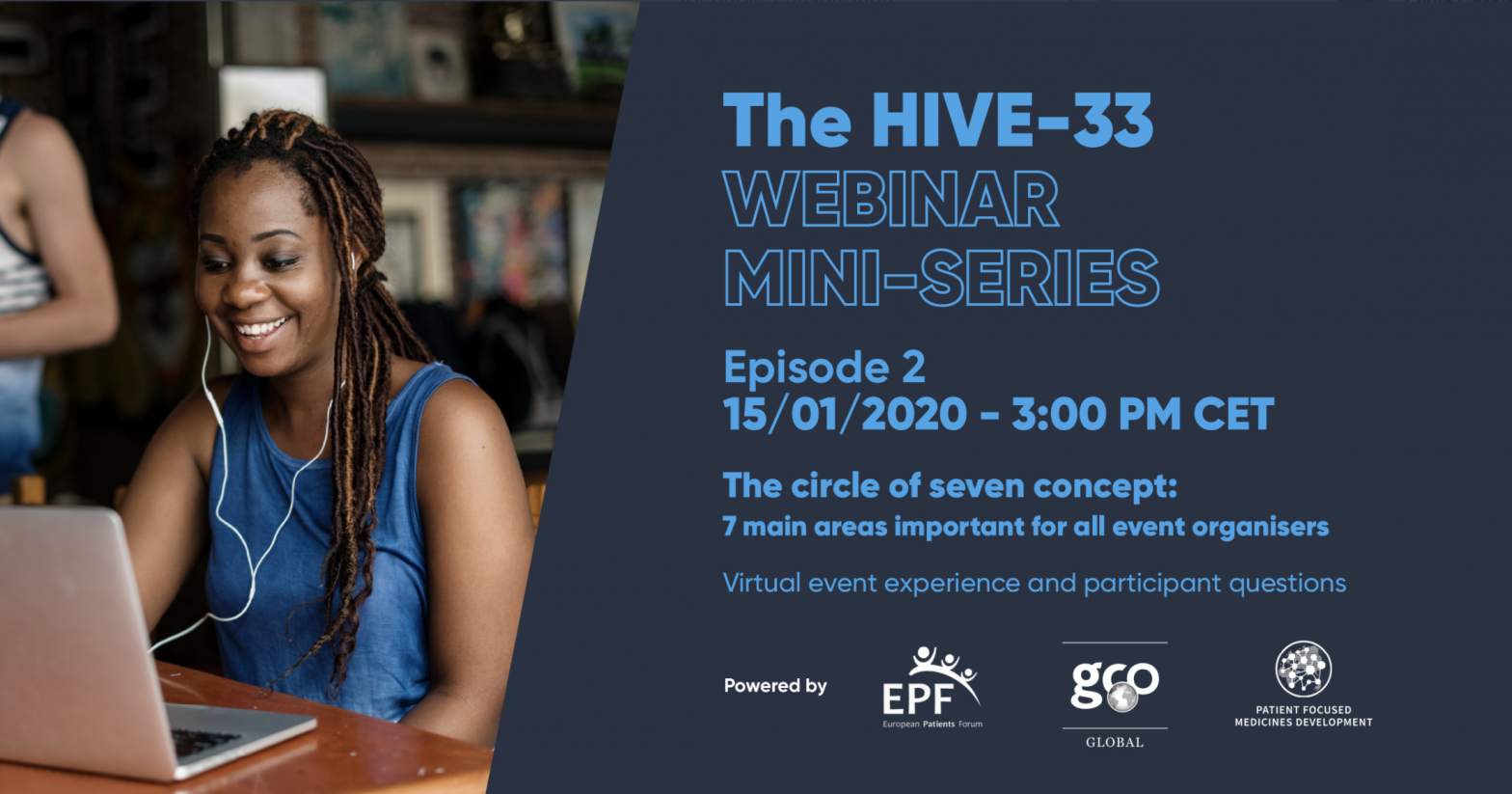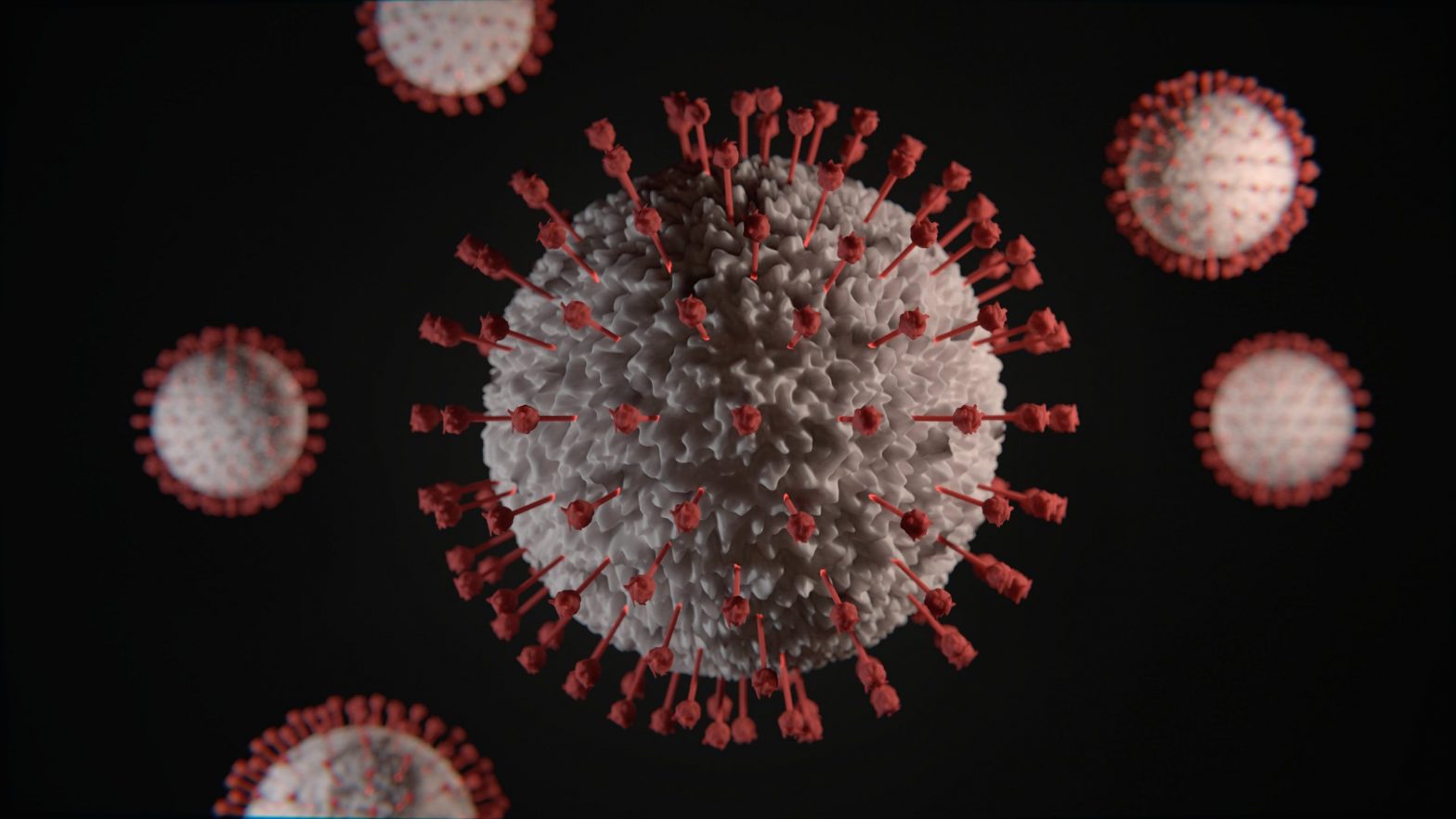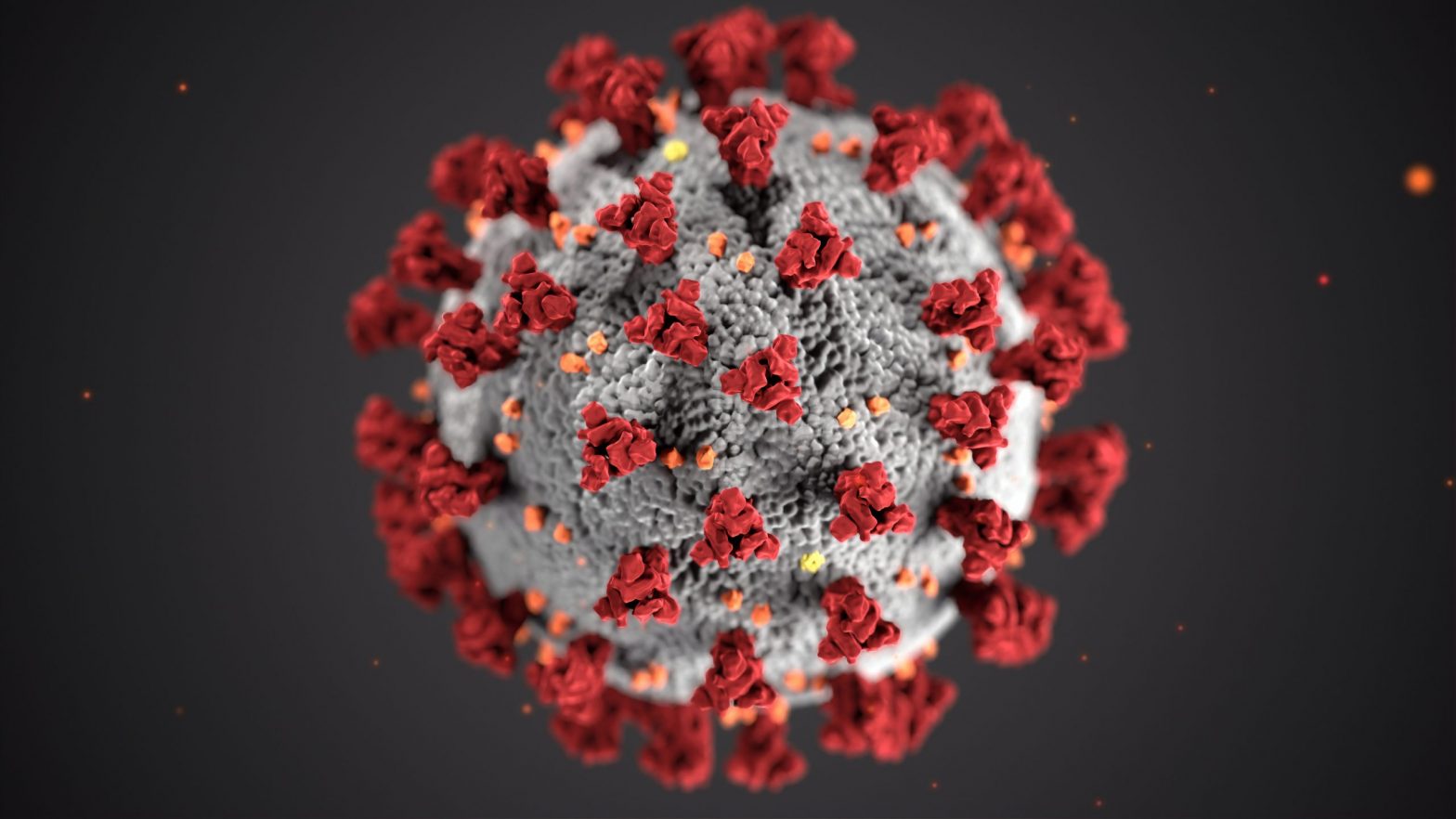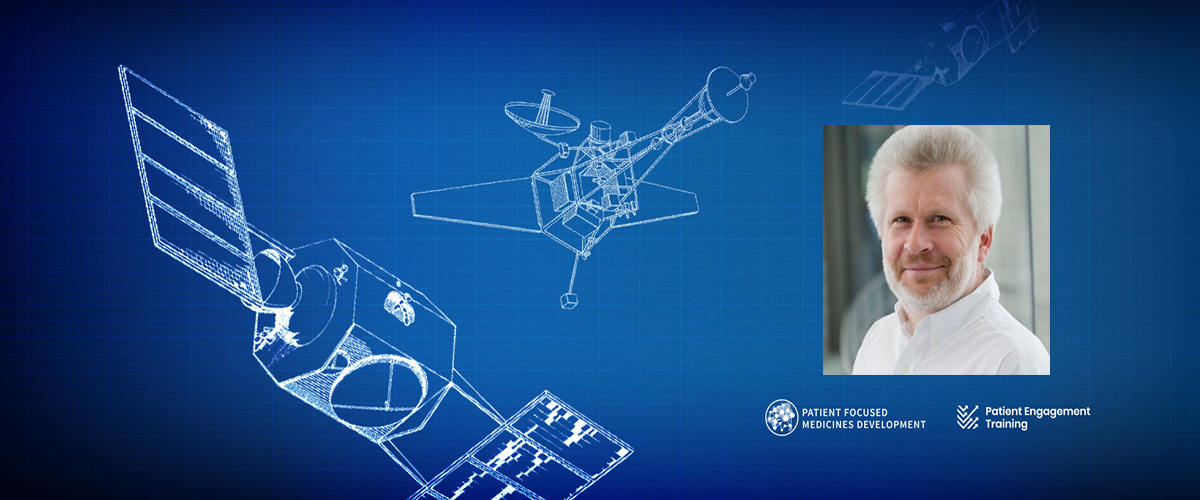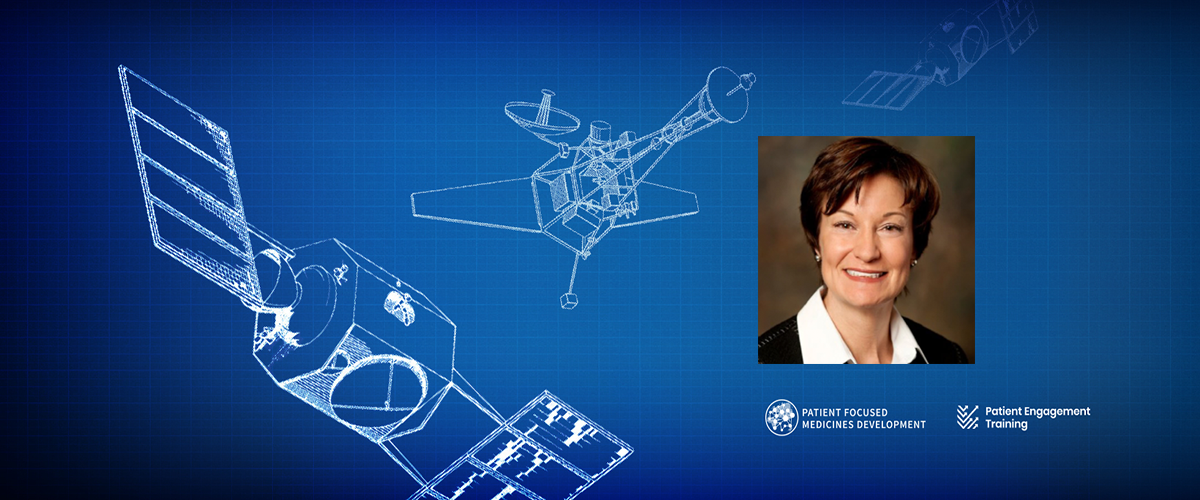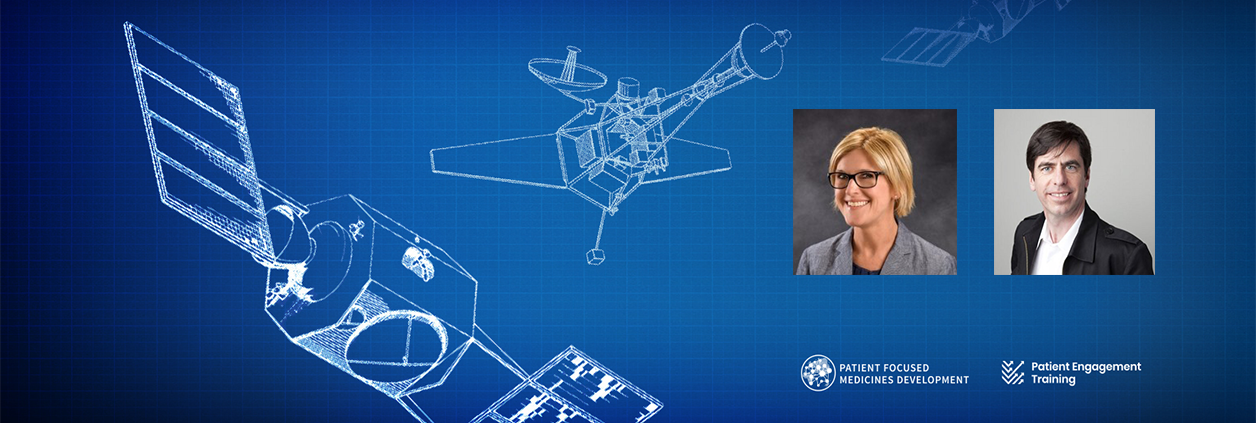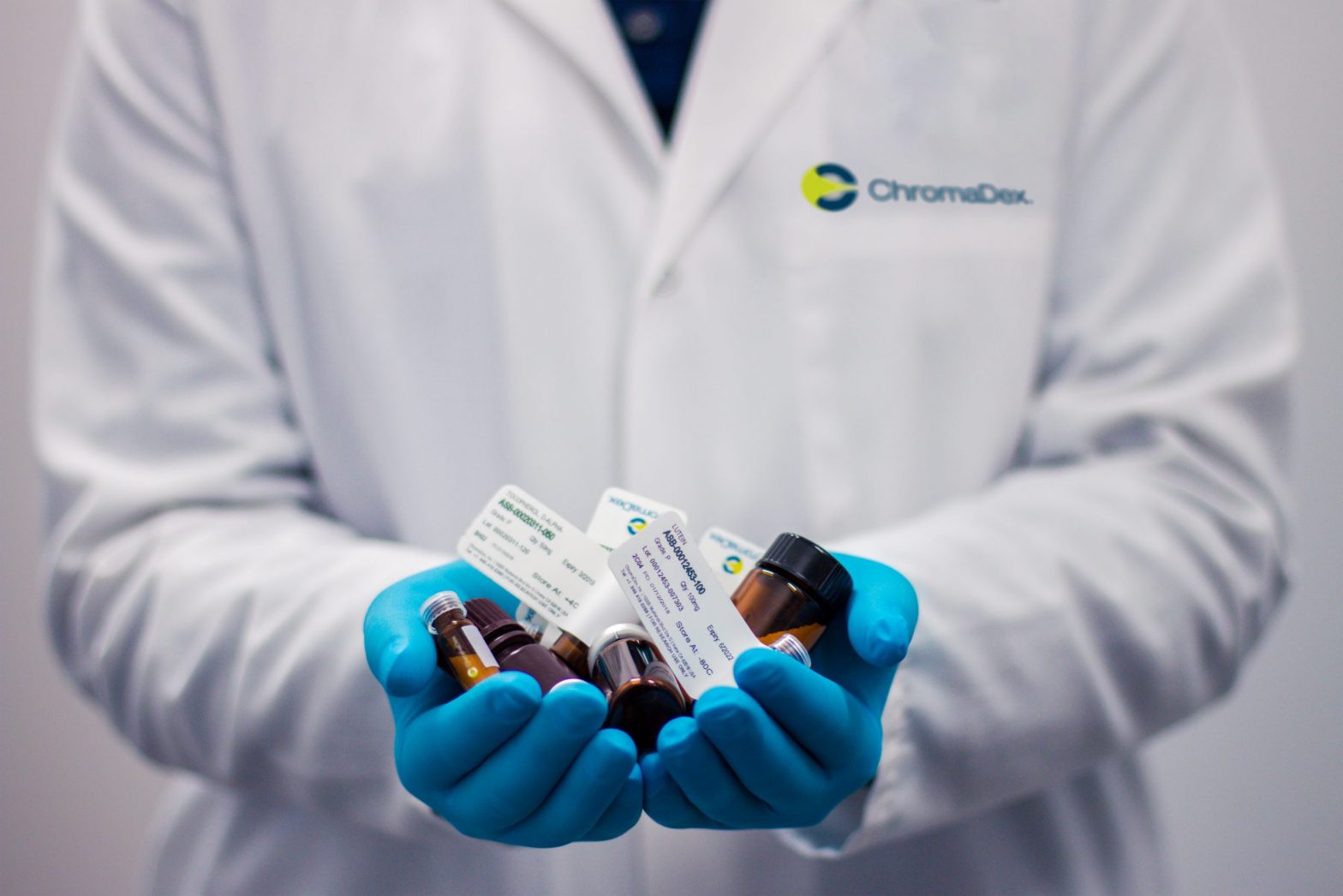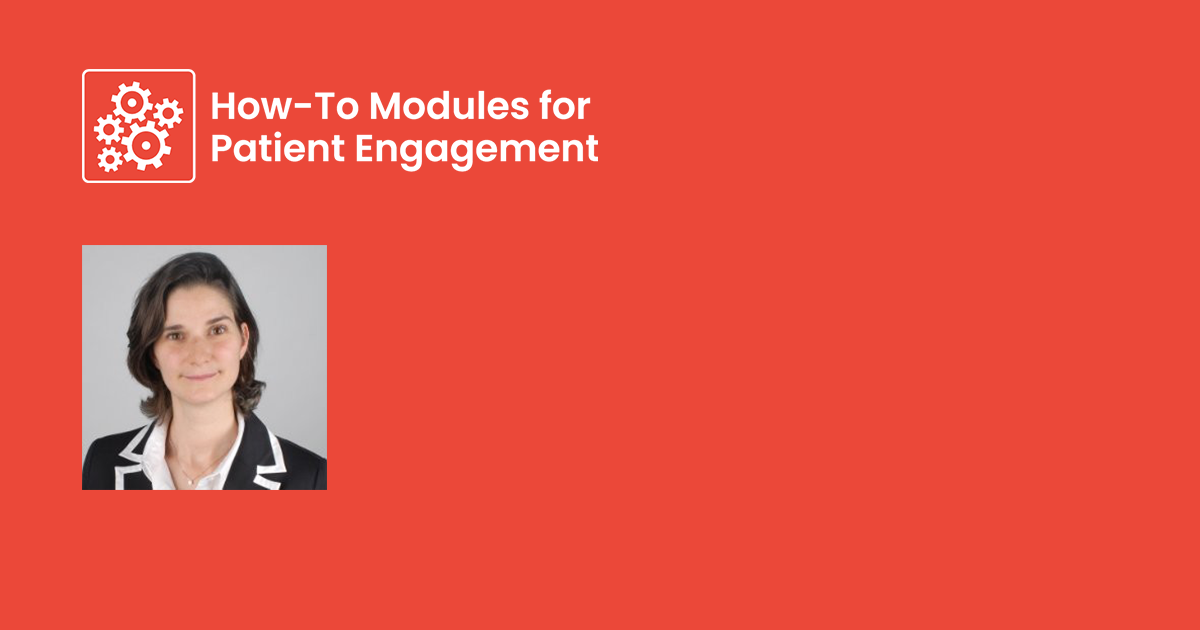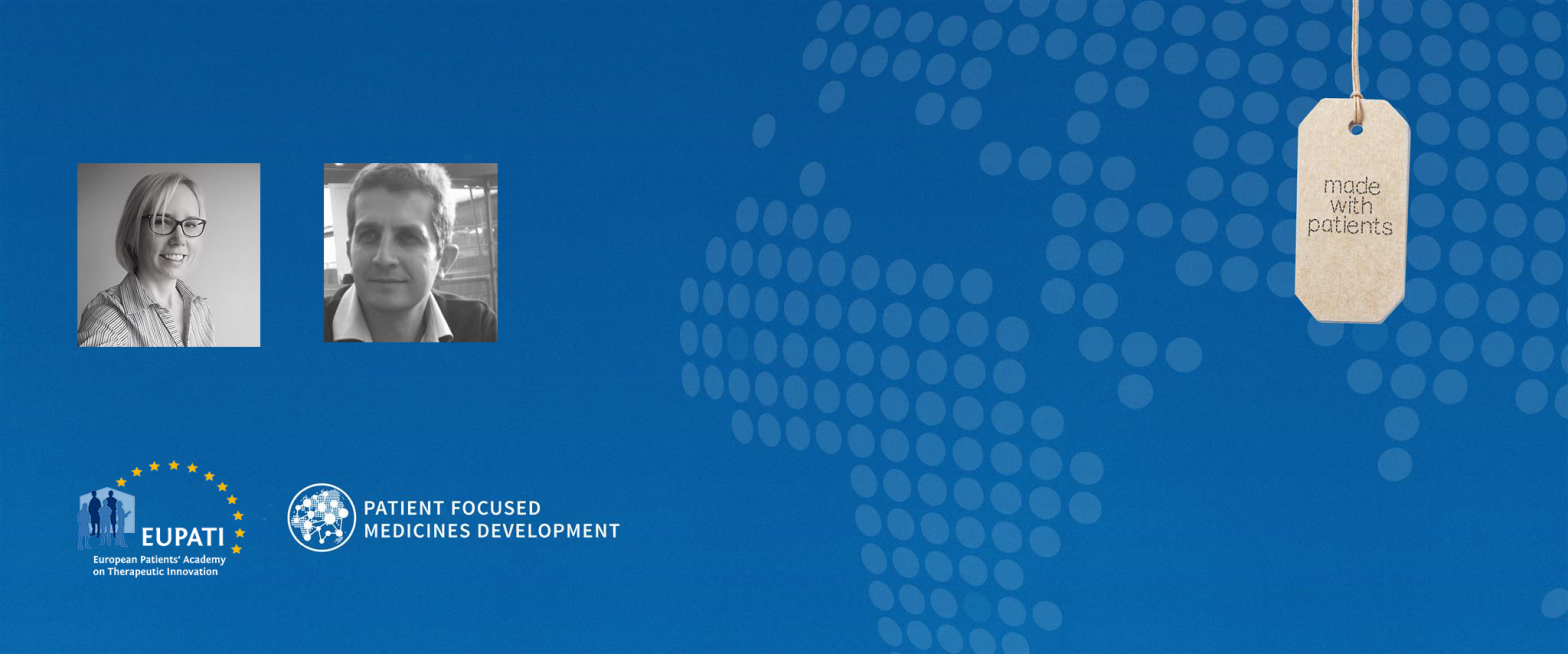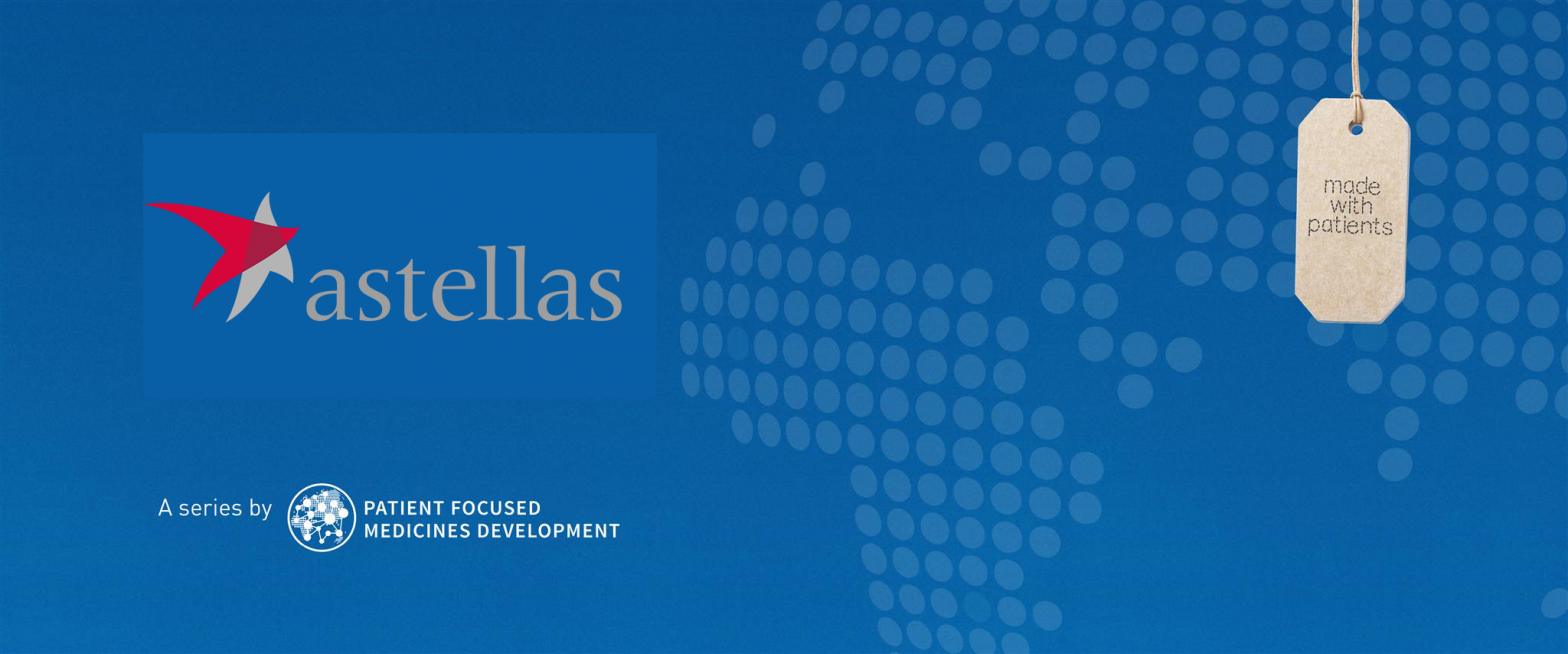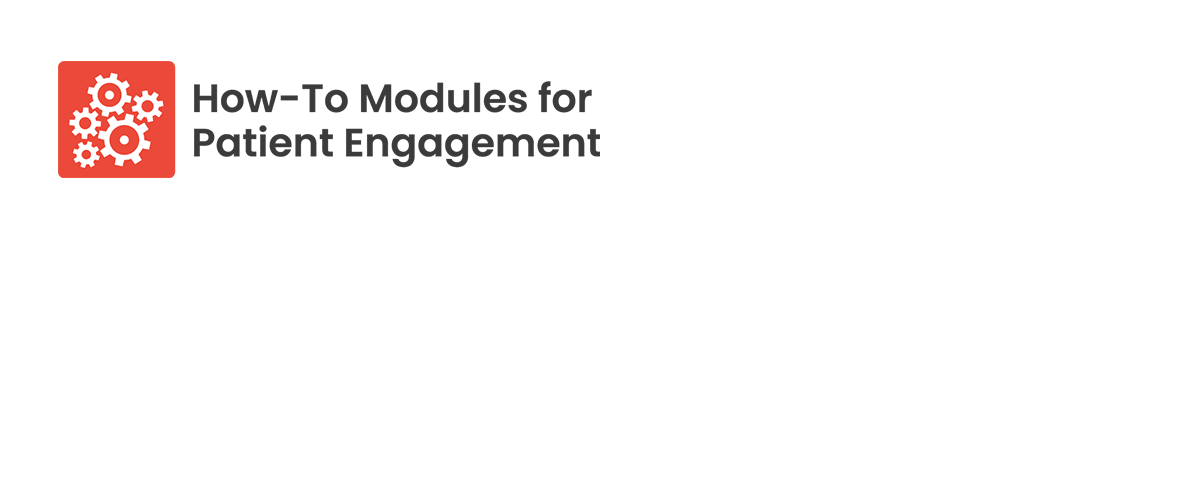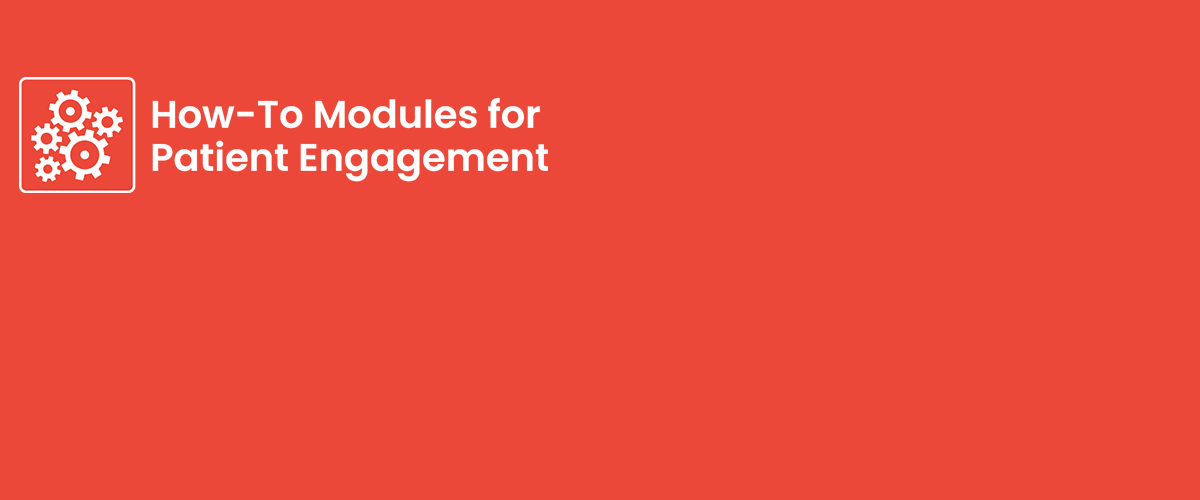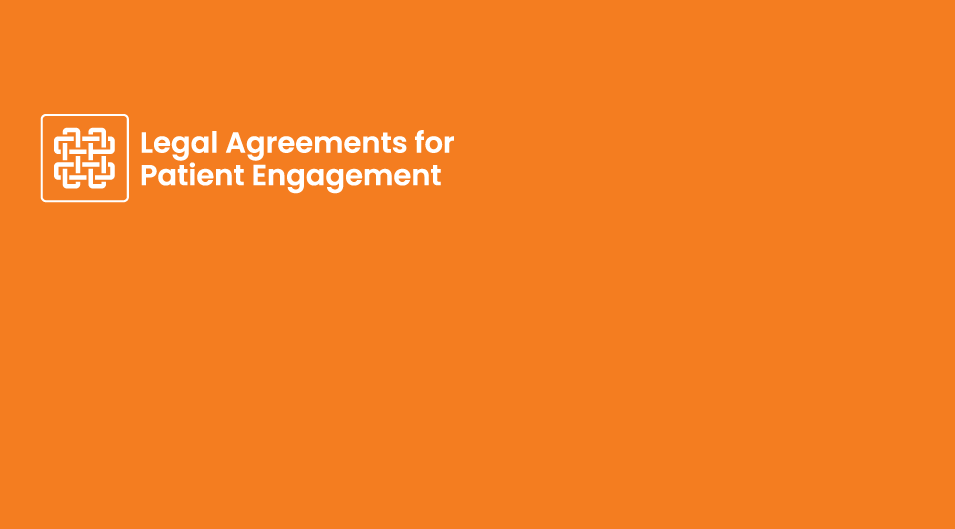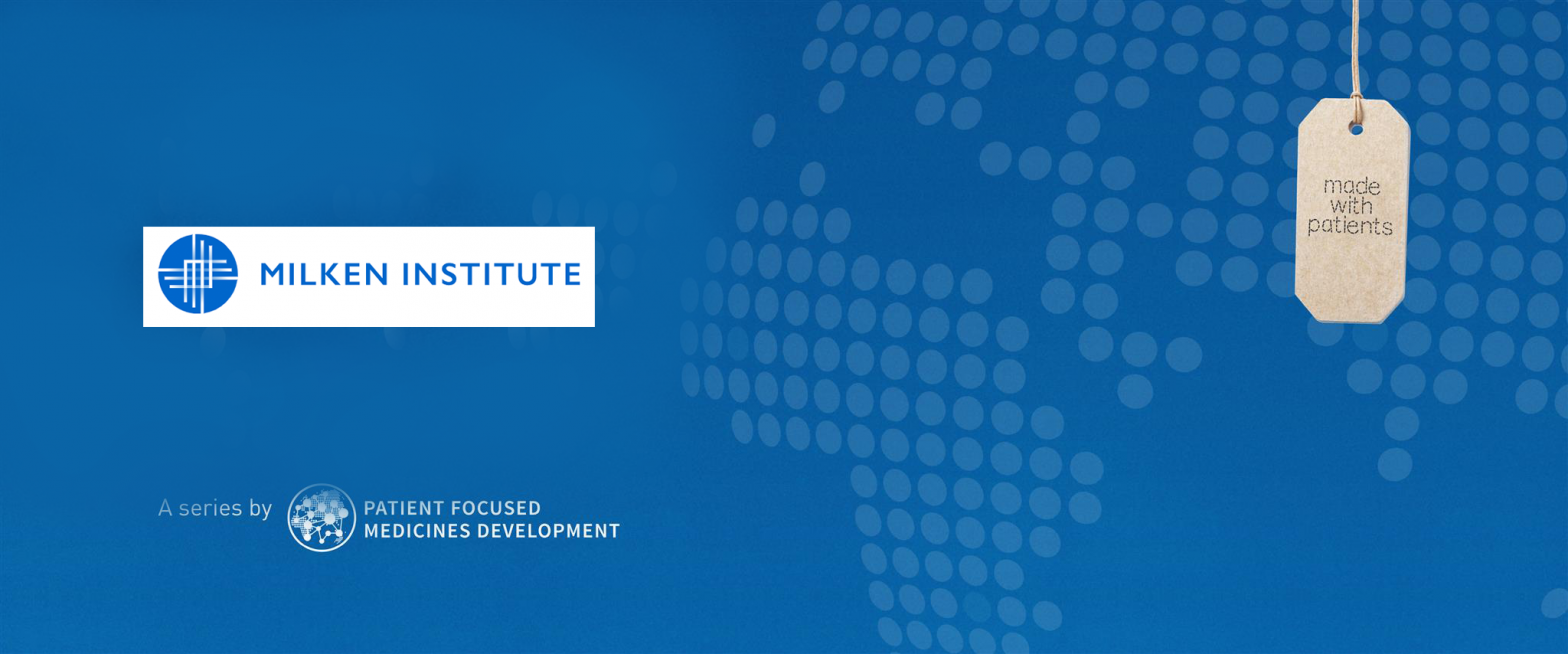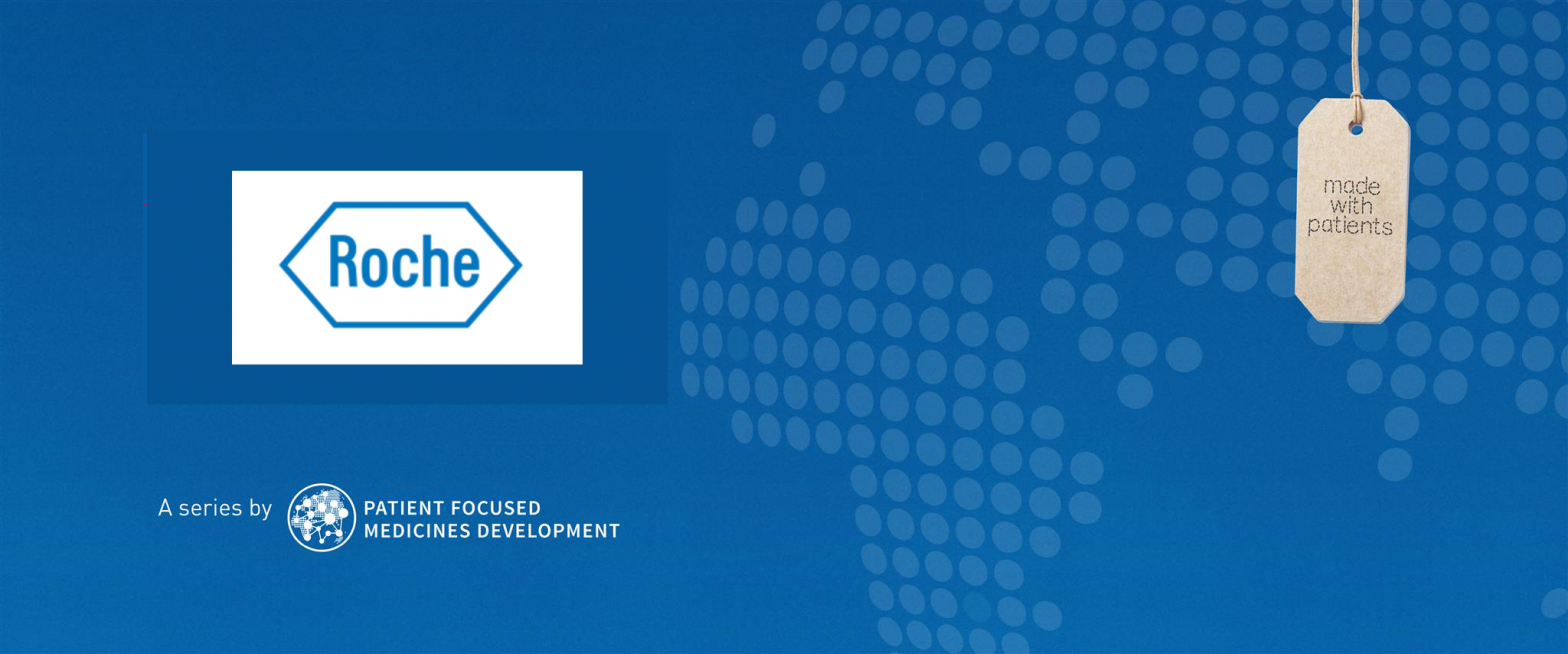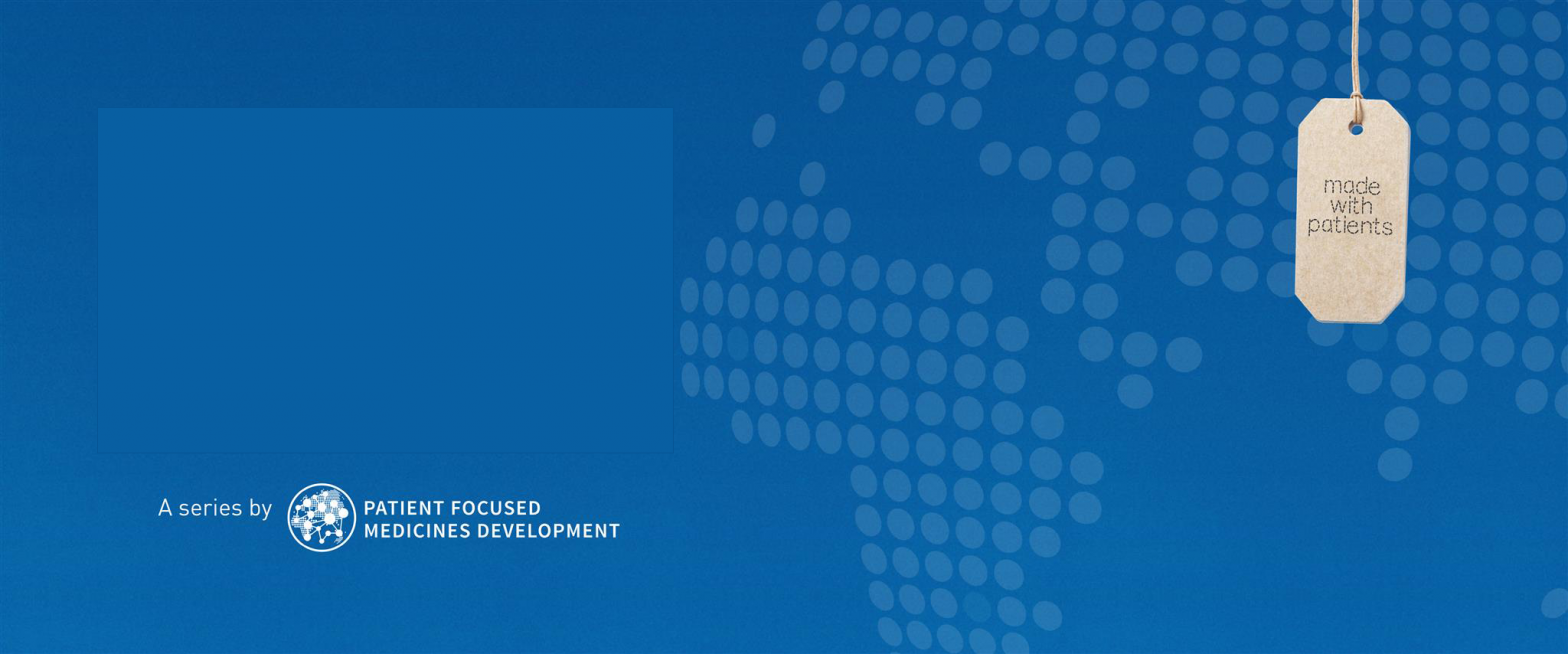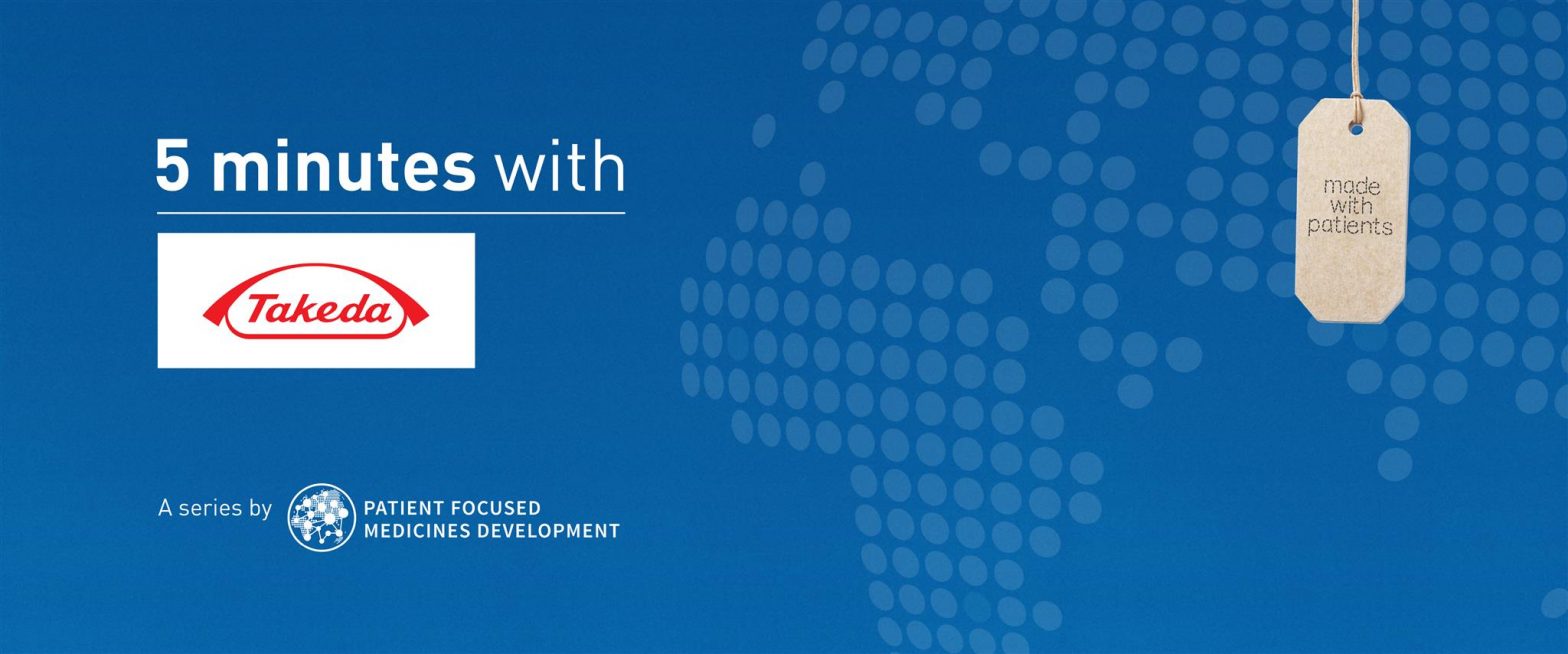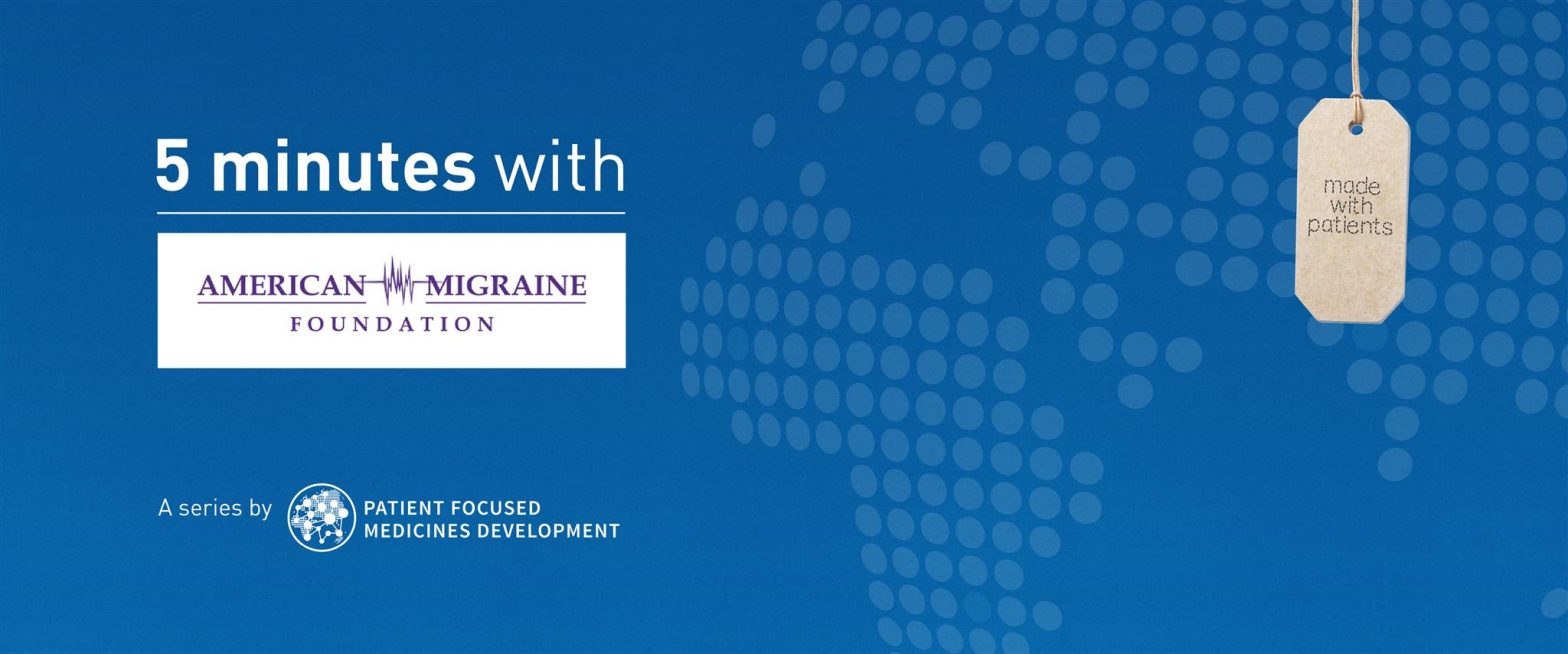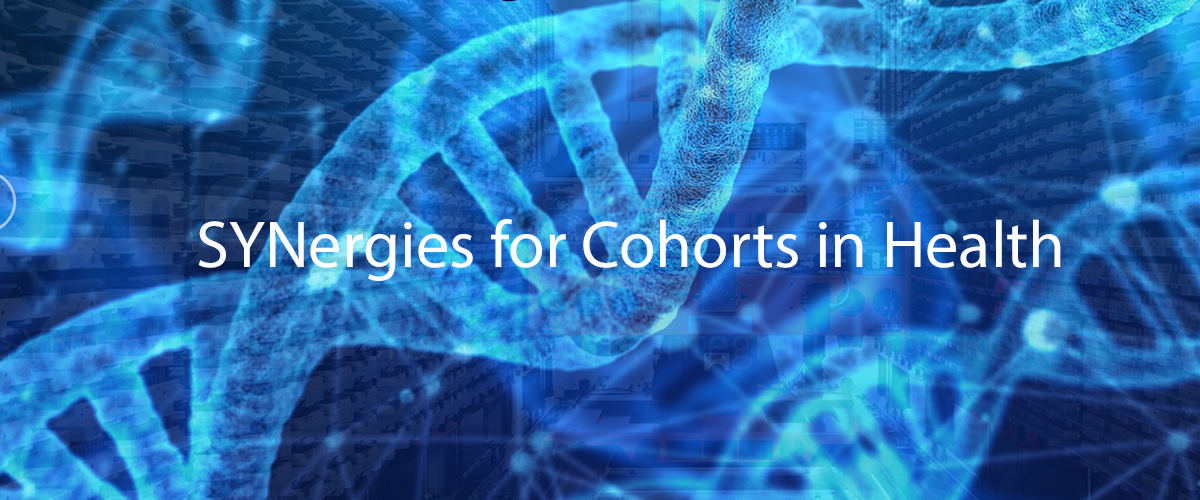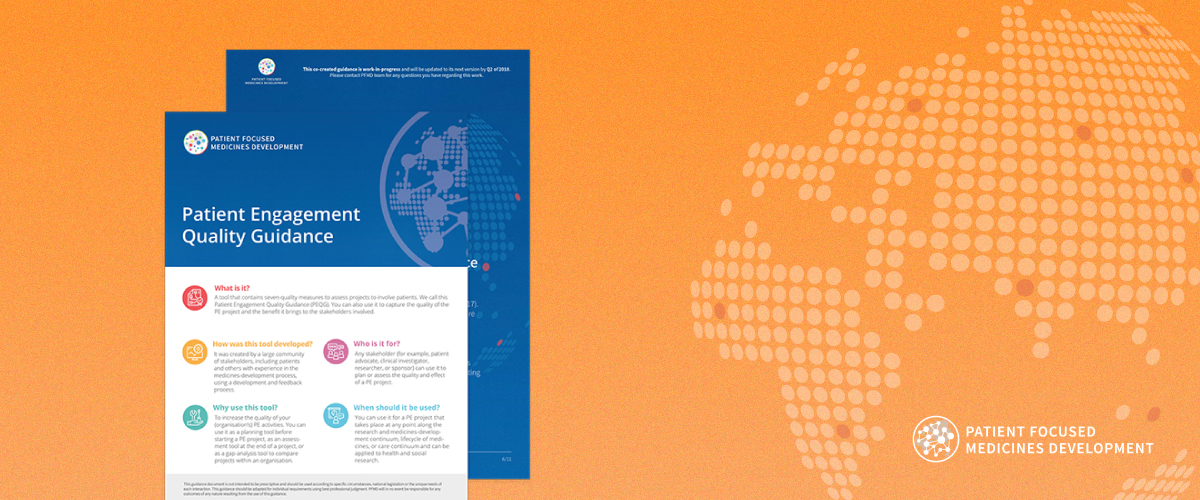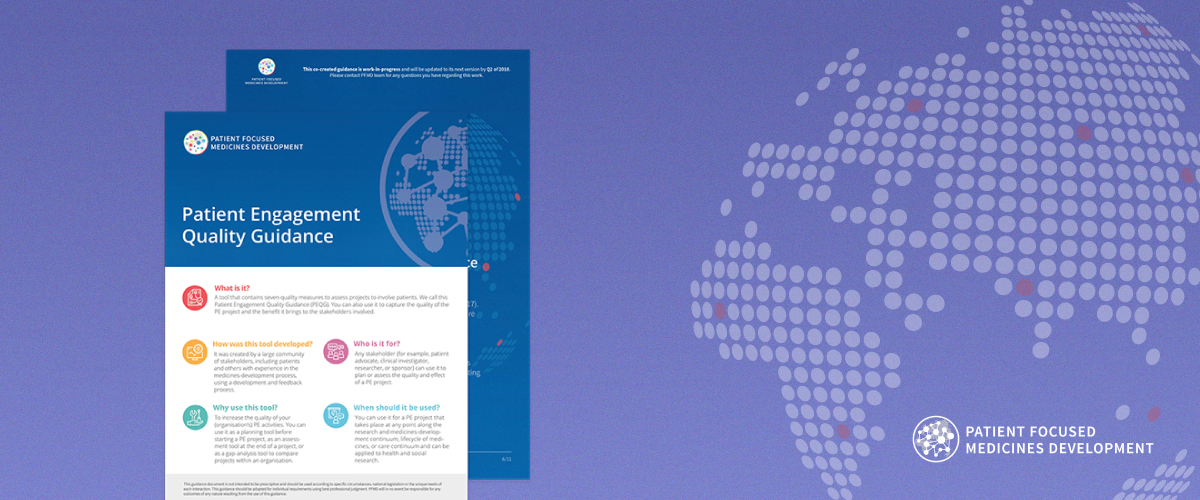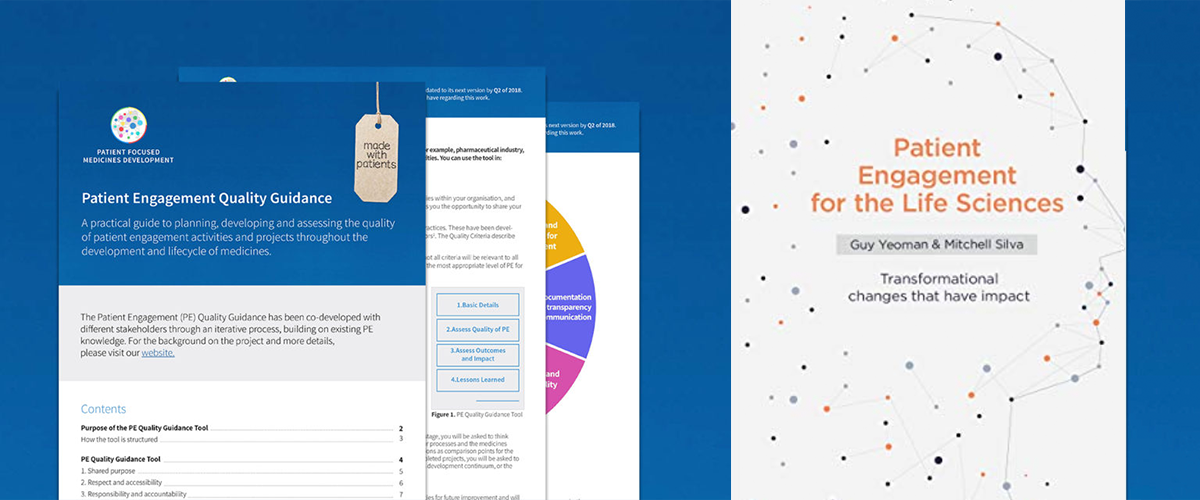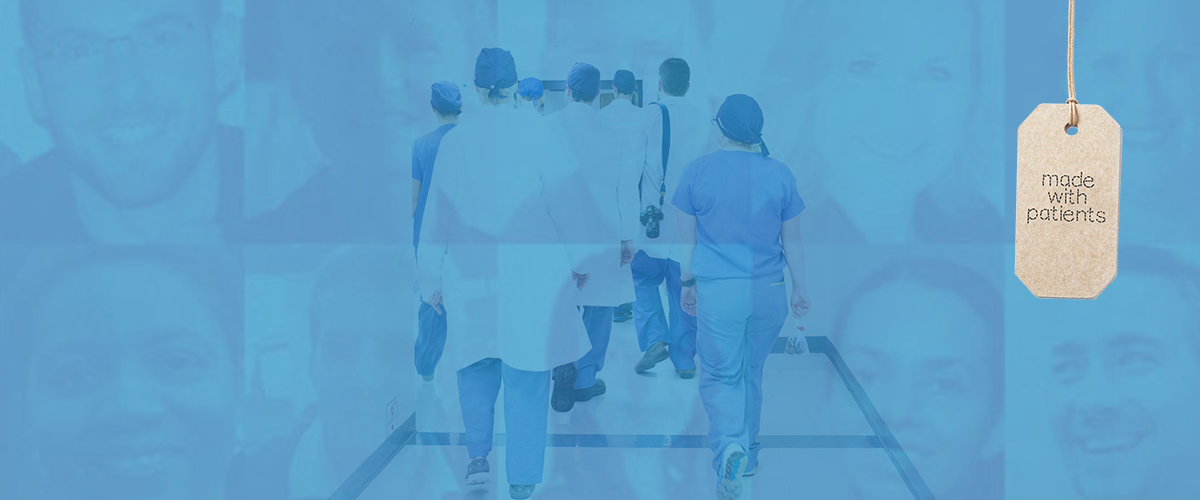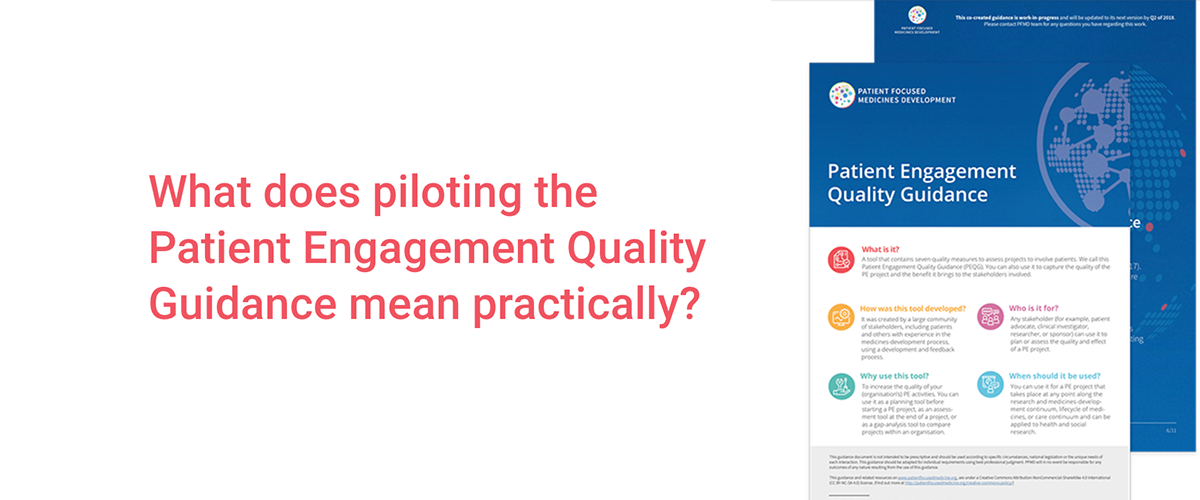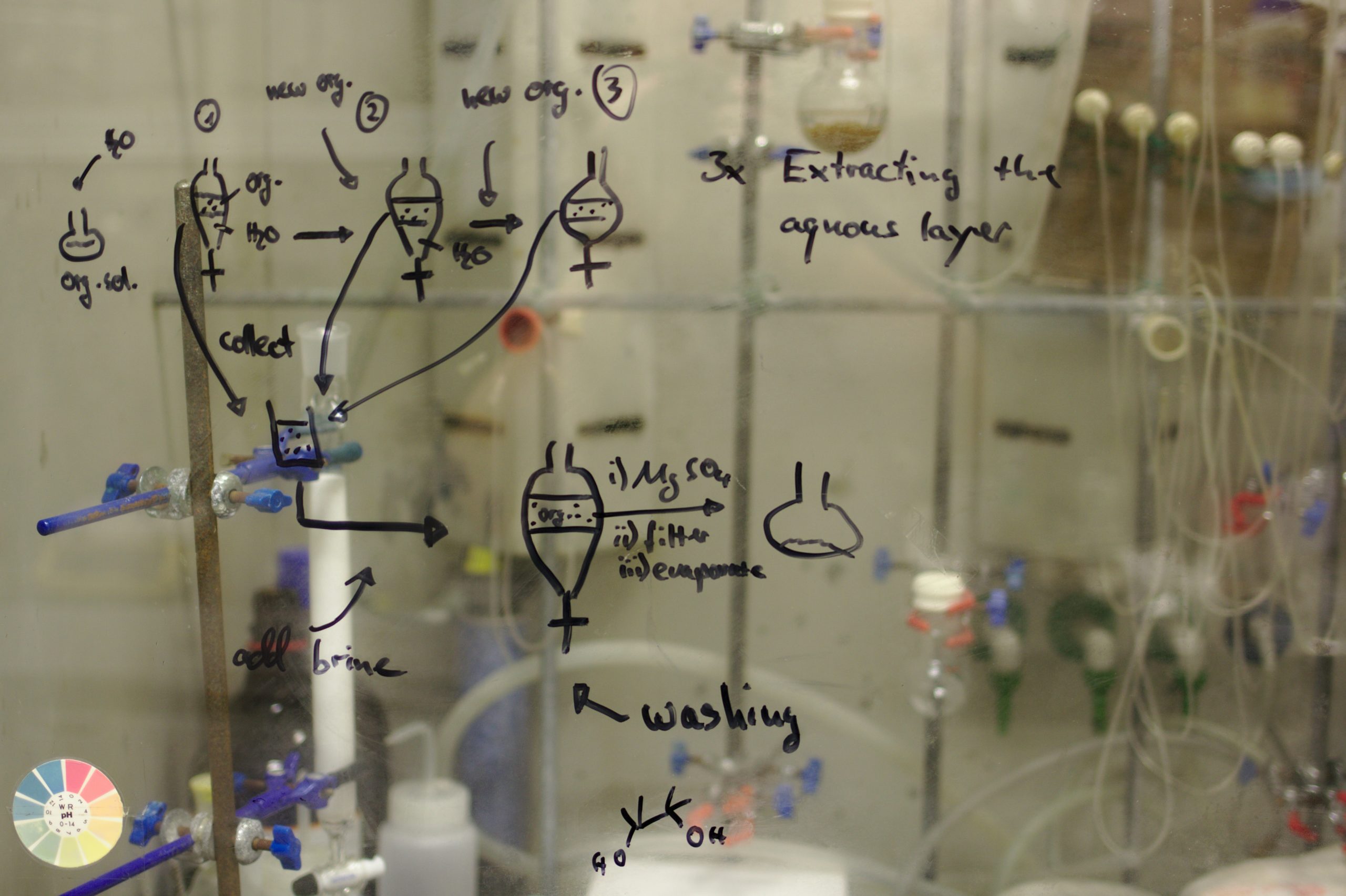 After more than a decade at the helm of the European Patients’ Forum, Nicola Bedlington has seen a revolution in the role of patients in medicines development and in EU policymaking circles. Now, as Brussels enters a new political cycle, she sees medical technologies, health data and health service delivery as crucial to delivering patient-focused medicine and care.
After more than a decade at the helm of the European Patients’ Forum, Nicola Bedlington has seen a revolution in the role of patients in medicines development and in EU policymaking circles. Now, as Brussels enters a new political cycle, she sees medical technologies, health data and health service delivery as crucial to delivering patient-focused medicine and care.
Nicola Bedlington has led the European Patients Forum since 2006 soon after its founding. In that time, the organisation has grown from start-up status to become a recognised player in EU health policy circles. Now backed by a secretariat largely based in its Brussels offices, EPF is involved in a host of projects and is helping to craft the EU’s next big public-private partnership.
With the Brussels machine rebooting as a newly-elected group of MEPs take their seats, and the European Commissioners prepare to make way, Nicola is handing over the reins of EPF. She will stay on as a special advisor while pursuing other interests. This means she is well-placed to reflect how the role of patients has evolved and to identify key challenges for the future.
‘We’ve worked closely with the Innovative Medicines Initiative (IMI), helping them develop a patient engagement strategy and encouraging wider collaboration,’ Nicola says. ‘And we’ve played an active role in specific projects including ADAPT, PROTECT, EHDEN, PARADIGM and EUPATI. We were also a founding member of PFMD’
The IMI is the world’s largest public-private partnership in health. Co-funded by the European Commission and EFPIA, a trade association of research-based pharmaceutical companies, its mandate was to unblock bottlenecks in medicines development.
A bigger, broader partnership
Like other EU funding programmes, the current six-year IMI will wrap up in 2020. Talks on a new ‘PPP Health’ are ongoing but it is already clear that the next iteration will be take a broader approach to advancing health. In addition to including the medicines sector, it will embrace medical technologies and digital health.
‘We see this as a positive development,’ Nicola says. ‘The future of healthcare will take a more integrated approach, requiring wider collaboration. We’re already working with the medtech and digital health sectors, along with EFPIA, on common issues that we are all facing. And we’ve been involved in discussing some of the ideas that will go into this broader European partnership. What is also crucial, from our perspective, is a focus on social and systems’ innovation.’
The importance of giving patients a say in the governance of projects and in shared decision-making will be crucial. The early experience of patient groups and the pharma sector will help to ensure the future partnerships are effective, ethical and mutually beneficial.
‘There has been a lot of learning from working with industry, but patient representatives and industry reps have less experience in the medtech and digital space,’ Nicola points out. The EUPATI training academy (an IMI project) which equips patients with the skills and knowhow they need to engage on issues such as drug development and medicines regulation, is already thinking through new modules on medical technologies and digital health. For its part, EPF has been co-hosting, together with MedTech Europe, the Patient-MedTech Dialogue, which has promoted a greater understanding of the need for a strong, independent patients’ voice in this sphere.
Data & health
‘Health data will be particularly important for the future, as we envision the Health Partnership moving forward,’ Nicola believes. ‘Together with several other stakeholders, we will soon launch a portal called Data Saves Lives, providing usable, state of the art, neutral information to patients on the whole spectrum of health data. This is designed to enhance awareness and deepen public knowledge of the technical and ethical issues around data and ultimately build confidence and trust.’
Beyond working with industry and academics to shape research agendas and advance innovation, Nicola would like to see more patient involvement in social and systems innovation. ‘We need meaningful patient involvement to ensure systems and services are designed to meet the end-users’ needs.’. This will be the focal point of EPF’s first ever Congress, taking place in November 2019. The outcome of this congress, we believe, will be highly relevant for the new Health Partnership.
EPF is working with the International Consortium on Healthcare Outcomes Measurement (ICHOM) and the OECD PaRIS project, to ensure that the goals of healthcare reflect outcomes that matter to patients – especially in complex areas such as multimorbidity. ‘We need to define patient-relevant outcomes and ensure that services are designed to measure and deliver them.’
Overall, industry, researchers and policymakers have never been more receptive to the patient voice. EPF’s multi-stakeholder approach to working means they are well-placed to shape the next chapter in health research. ‘The scene is set for partnership and there is a readiness to engage,’ says Nicola. ‘We must continue to find new ways to ensure, systematically, that patients and communities can come to the table, be heard and be involved.’
Nicola Bedlington is a Special Advisor to the European Patients’ Forum and a Board Member of PFMD



